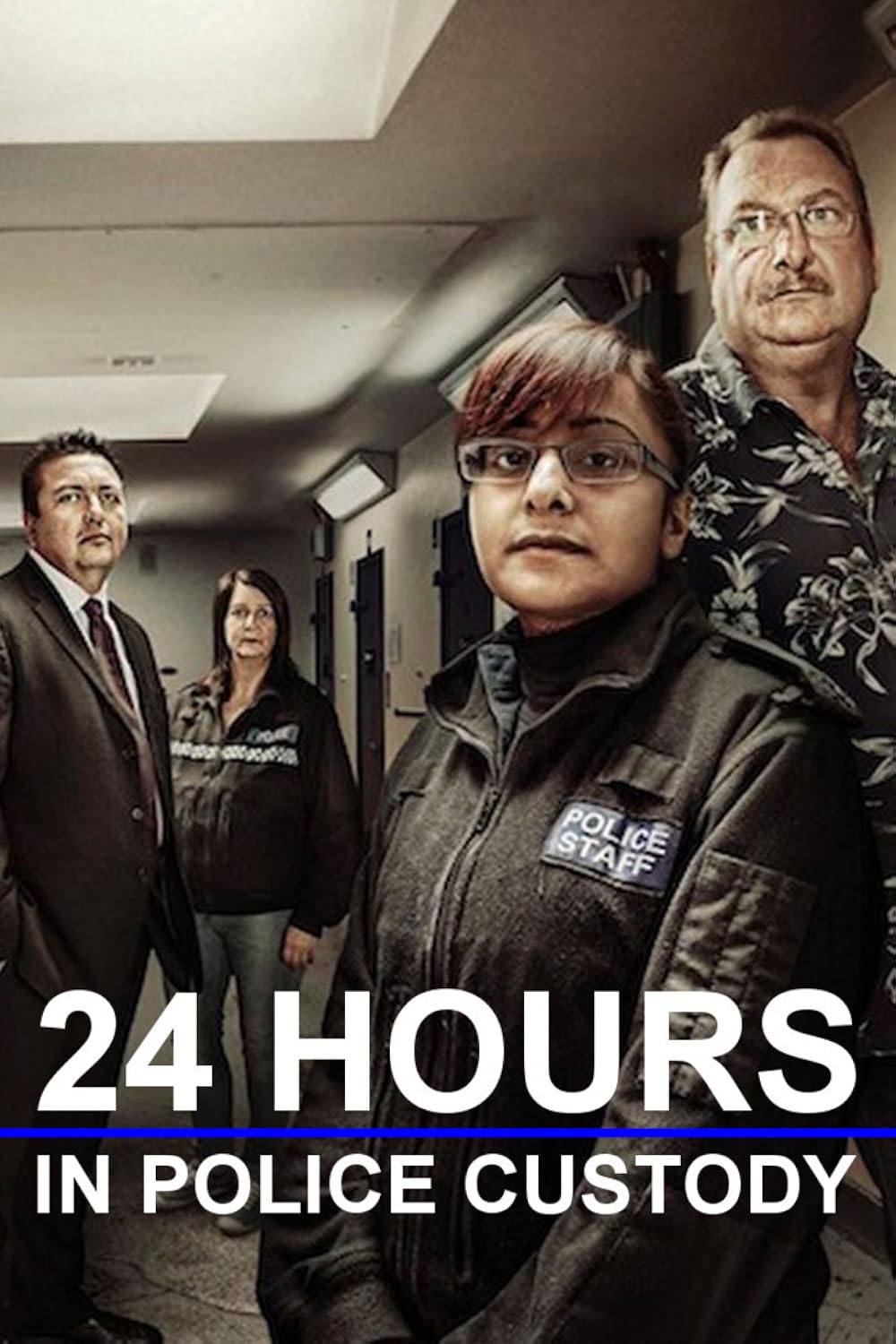
Introduction to ’24 Hours in Police Custody’
’24 Hours in Police Custody’ has become a significant part of UK television, providing a real-life glimpse into police operations and the justice system. Originally aired on Channel 4, this observational documentary series has gained substantial viewership and sparked discussions on law enforcement practices. The series highlights the complexities, challenges, and ethical considerations surrounding police interrogations and the treatment of suspects.
The Recent Series and Current Events
The show, which first premiered in 2014, has recently continued to attract attention due to its authentic portrayal of police work. This season has focused on a variety of cases, from petty crimes to more serious offences, showcasing the extensive procedures officers follow within the first 24 hours of custody. With a significant rise in interest in crime documentaries and true crime shows, ’24 Hours in Police Custody’ stands out for its willingness to portray sensitive situations with the necessary factual accuracy.
In the most recent episode aired last week, officers tackled a complex case involving a suspected robbery. With surveillance footage and witness testimonies guiding their investigation, the police had only a short window to gather evidence and make arrests. This particular case underscored the importance of the initial 24 hours, as decisions made during this time can critically affect the investigation’s outcome.
Public Perceptions and Implications
The relevance of ’24 Hours in Police Custody’ extends beyond entertainment; it plays a role in shaping public perceptions of law enforcement. Many viewers express a mix of fascination and apprehension as they witness the realities of police work. While some appreciate the transparency and accountability that the series aims to promote, others raise concerns about the portrayal of suspects and the potential for bias in investigative practices.
Furthermore, legal experts have pointed out that the show opens the door for discussions about the rights of individuals in custody, prompting viewers to consider issues of fairness, due process, and the need for critical reflection on policing policies and practices.
Conclusion: The Significance of ’24 Hours in Police Custody’
The continued success of ’24 Hours in Police Custody’ demonstrates the audience’s interest in understanding the intricacies of the criminal justice system. As the series evolves, its impact on public discourse surrounding law enforcement, accountability, and justice is likely to grow. In an era where transparency in police operations is demanded by the public, the show serves as a critical platform for dialogue, enabling audiences to engage with, reflect on, and critique policing realities in the UK.
You may also like

An Introduction to Crime 101: Exploring Its Basics and Impact

The Journey of Chris Mason: A Prominent Broadcaster in the UK
